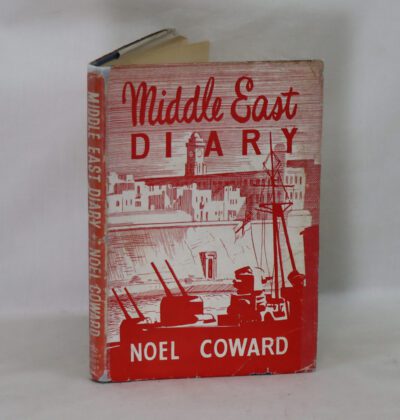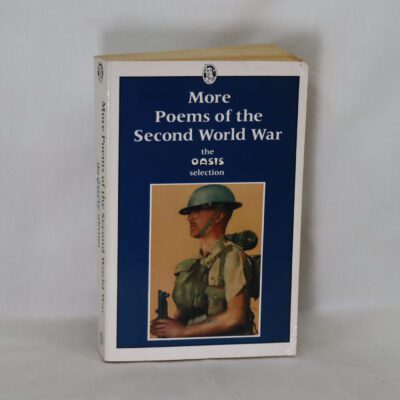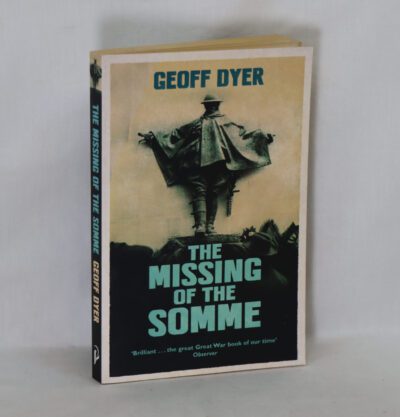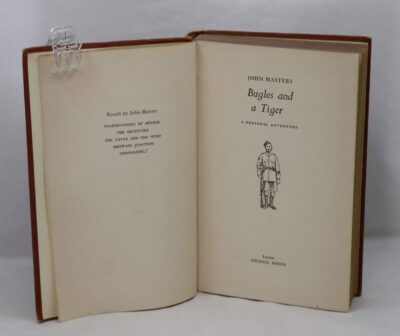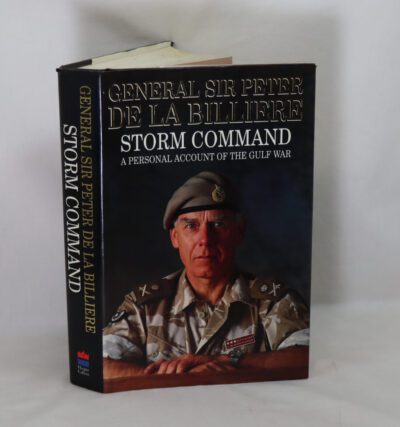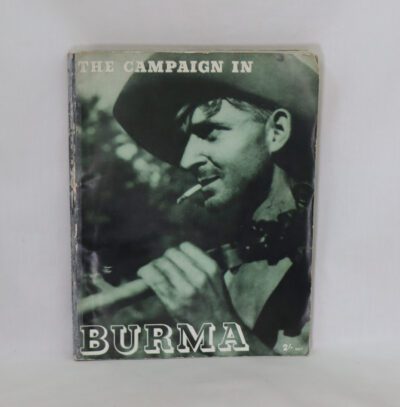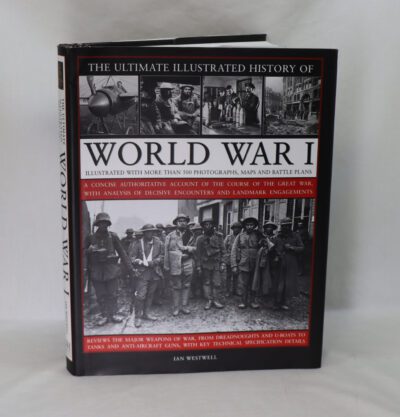The Fall of Rorke's Drift.
By John Laband
ISBN: 9781784383749
Printed: 2019
Publisher: Greenhill Books. Barnsley
Edition: First edition
| Dimensions | 17 × 25 × 3 cm |
|---|---|
| Language |
Language: English
Size (cminches): 17 x 25 x 3
Condition: As new (See explanation of ratings)
Your items
Item information
Description
In the original dustsheet. Black cloth binding with silver title on the spine.
F.B.A. provides an in-depth photographic presentation of this item to stimulate your feeling and touch. More traditional book descriptions are immediately available.
‘John Laband has long been the accepted authority on Anglo-Zulu War studies and his new work, The Fall of Rorke’s Drift, is proof of his expertise’_ – Dr Adrian Greaves It is January 1879 and the British Empire, and the Zulu Kingdom are at war. Lord Carnarvon, Secretary of State for the Colonies, who had successfully brought about federation in Canada in 1867, had believed a similar scheme would work in South Africa. But such plans are rejected by Boer leaders. Lord Chelmsford leads a British military expeditionary force to enter the Zulu Kingdom uninvited. A bloody battle ensues on 22 January 1879 at Isandlwana. The Zulus are the unexpected victors. After that brutal defeat, the British Army are at Rorke’s Drift on the Buffalo River in Natal Province, South Africa. A few hundred British and colonial troops led by Lieutenants John Chard of the Royal Engineers and Gonville Bromhead face the might of the Zulu army of thousands led by Prince Dabulamanzi kaMpande (CORR). Against the odds the British are victorious, and this defeat marks the end of the Zulu nation’s dominance of the region. The Defence of Rorke’s Drift would go down in history as an iconic British Empire Battle and inspired Victorian Britain. Eleven Victoria Crosses were awarded to military personnel. But what if the Zulus had defeated the British at Rorke’s Drift and invaded Natal? In the first ever alternate history of the Anglo-Zulu War, historian John Laband asks that question. With his vast knowledge of the Anglo-Zulu War he turns history on its head and offers a tantalising glimpse of a very different outcome weaving a compelling and never-before told story of what could have been.
JOHN LABAND is Professor Emeritus and Chair of History at Wilfrid Laurier University, Canada, and is a Life Member of Clare Hall, Cambridge University, England. His books include The Rise and Full of the Zulu Nation (1997); The Atlas of the Later Zulu Wars (2002); The Transvaal Rebellion: The First Boer War (2005); Kingdom in Crisis: the Zulu Response to the British Invasion of 1879 (2007); the Historical Dictionary of the Zulu Wars (2009) and Zulu Warriors: The Battle for the South African Frontier (2014).
Reviews
I confess that I did not enjoy this book much. Researching history – and what happened – is difficult enough without trying to untangle the reality from the imagined or invented. This may have been an interesting exercise for the author, but it was a rather confusing one for the reader. This said, the background to the 1879 campaign was interesting and revealing for those visiting this for the first time.
Bit of a strange book this alternative history. Well written and detailed. The description tells you so you know what you are getting
‘Very well written alternative history and believable.’
A very well written and plausible account of what could have happened.
‘Too anti British’
‘As the previous reviewer said this new book by Professor John Laband was highly anticipated – this is first-ever ‘what if’ and is a resounding success. No other Anglo-Zulu writer has the brilliant breadth and depth of knowledge. This is not a fanciful counterfactual but a compelling, realistic alternate. The book is supported with excellent maps, notes and a foreword by Ian Knight. A great book, recommended to anyone interested in the Anglo-Zulu wars.’
Want to know more about this item?
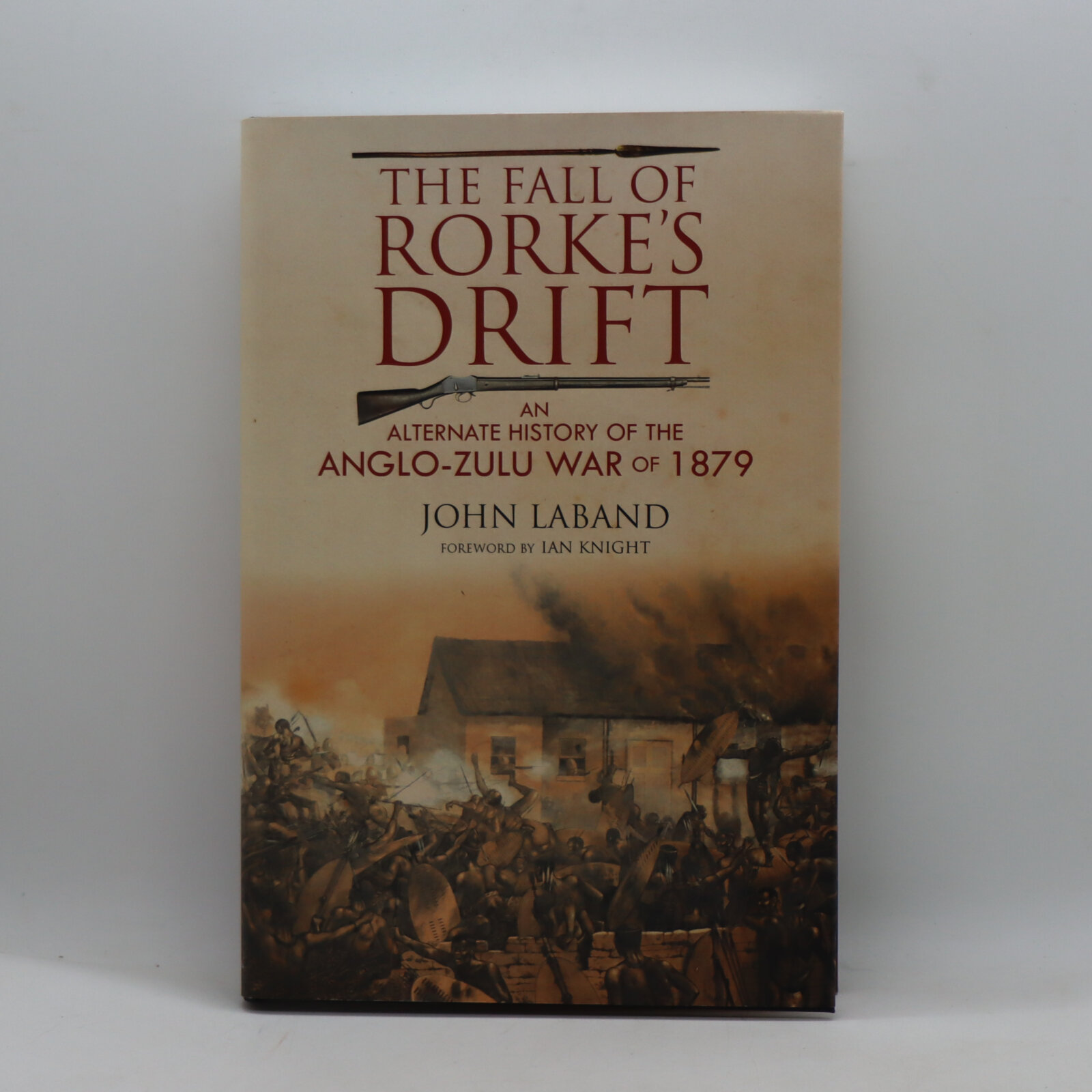
Share this Page with a friend



